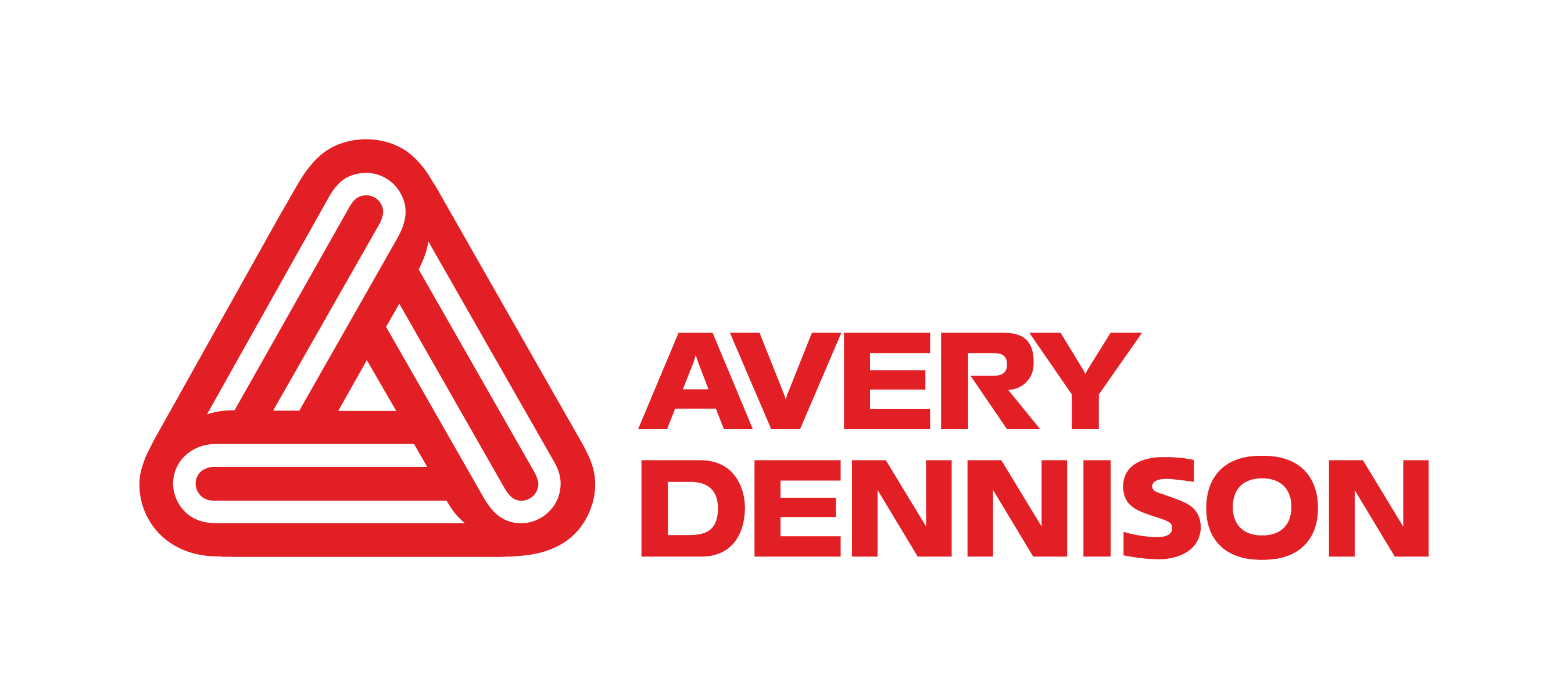Why RoHS is important
Under RoHS, toxic substances are restricted to protect the environment, which often takes the form of preventing landfill pollution that can damage water and soil. These substances can also pose a harm to workers during the manufacturing and recycling of goods, making this legislation important to safeguarding human health.
What does RoHS compliance testing look like?
Most often, the suppliers of articles will inform downstream users if any RoHS substances are part of a product’s formulation. Additionally, portable RoHS analyzers, which are also referred to as XRF metal analyzers and x-ray fluorescence analyzers, are used to screen and verify restricted metals. Tests for other substances restricted under RoHS involve solvent extraction paired with chromatography and mass spectrometry or flame ionization detection.
Does RoHS affect me?
Any company selling applicable EEE (which includes cables and spare parts) to countries that fall under RoHS, or sells items to distributors, integrators and resellers that provide goods to these countries, will be affected if they use any of ten restricted substances.
How does RoHS impact labels and labeling?
Previously, RoHS-compliant products featured a RoHS symbol. However, under EU regulations, compliance with RoHS is now confirmed by the use of a CE label, so adding an extra symbol is not required, though some manufacturers still choose to add a RoHS label. Also, labels themselves are not subject to RoHS, since they are not EEE.
Following RoHS
We conduct a thorough analysis of our products to ensure they do not contain substances that are restricted under RoHS, so you can trust that they are fully compliant. We can also guide you in choosing the right label if you want to let consumers know that your goods are RoHS-compliant with a clear marking.

